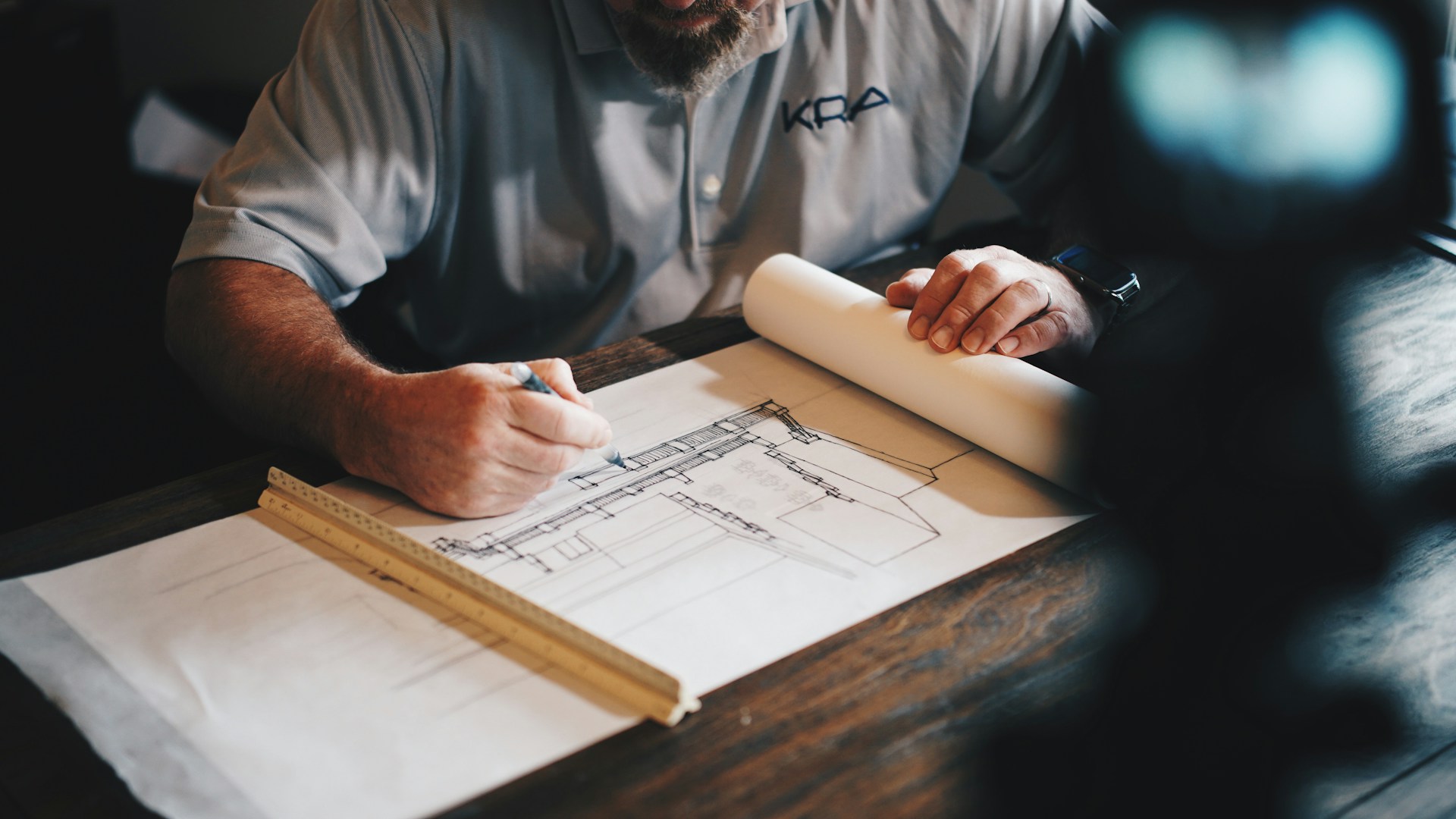The concept of EPC design-build is a comprehensive approach to managing large construction projects. EPC stands for Engineering, Procurement, and Construction, and it streamlines these essential phases into one seamless process. This method offers a single point of responsibility, which can significantly improve project efficiency and reduce complications. However, EPC projects often come with their own set of challenges due to their complexity. That’s why understanding best practices is important to ensure everything runs smoothly from start to finish.
EPC design-build projects can be challenging due to their size and scope. Managing these projects effectively requires careful planning, experienced leadership, and precise execution. Proper strategies are necessary to handle the intricacies, ensuring projects are completed on time, within budget, and to quality standards. Trustworthy EPC contractors bring expertise and innovation, playing a key role in achieving successful outcomes.
Detailed Planning and Scope Definition
Efficient planning sets the foundation for any EPC design-build project. From the outset, it’s critical to define the project’s scope clearly. This involves laying out detailed requirements and objectives to ensure everyone involved understands what to expect. When the project’s goals are well-defined, it helps all teams align their efforts and focus on essential tasks.
Here are some tips on planning and defining the scope effectively:
– Begin with a comprehensive project outline, detailing each phase.
– Include clear goals, timelines, budgets, and resources needed.
– Continuously review project objectives and adjust as necessary.
– Address potential challenges upfront to minimise disruptions later.
Proper planning helps prevent what’s known as scope creep. This refers to the common issue where a project’s requirements start to drift, leading to unexpected changes and delays. When the scope is well-defined from the beginning, it serves as a roadmap that keeps the project on track, allowing for better control over costs and timelines.
Effective Communication and Collaboration
A key element of successful EPC projects is ensuring strong communication and collaboration among all parties involved. Effective communication keeps everyone informed and engaged, reducing misunderstandings and fostering a cooperative working environment. Stakeholders such as project managers, engineers, procurement teams, and contractors all play a part in keeping communication lines open.
Strategies for fostering effective collaboration in EPC projects include:
– Organise regular meetings and updates for all stakeholders.
– Use communication tools like shared digital platforms for real-time updates.
– Assign clear roles and responsibilities to avoid confusion.
– Encourage feedback and open dialogue between teams to identify areas for improvement.
Implementing these strategies ensures everyone stays informed and aligned with the project’s goals. Collaboration tools can provide valuable support, offering platforms for document sharing, task management, and progress tracking. Regular check-ins can keep communication flowing, facilitating quick decision-making and addressing issues before they escalate.
Risk Management and Mitigation
Managing risks effectively is a cornerstone of any successful EPC design-build project. To avoid setbacks and unexpected issues, it’s crucial to anticipate potential problems early in the project. This involves identifying common risks such as changes in project requirements, unforeseen site conditions, and supply chain disruptions. Addressing these risks upfront allows for smoother project execution and minimises costly delays.
Best practices for managing risks include:
1. Conduct a thorough risk assessment at the project’s onset.
2. Develop a risk management plan detailing potential threats and their impact.
3. Establish a monitoring system to track and respond to risks as they evolve.
4. Engage with stakeholders regularly to review and update the risk management plan.
5. Create contingency plans to quickly adapt to unforeseen circumstances.
By staying proactive in risk management, teams can handle challenges more effectively and ensure that projects stay on track. With a solid plan in place, unexpected situations become opportunities for growth instead of roadblocks.
Leveraging Technology and Innovation
Incorporating advanced technology can greatly enhance the efficiency and success of EPC projects. Innovative solutions like Building Information Modeling (BIM) allow for detailed virtual project layouts, enabling teams to spot potential issues before they occur. Similarly, drones are increasingly used for site inspections, providing real-time data and insights that traditional methods might miss.
There are several advantages to integrating technology:
– Improved accuracy in project design and execution.
– Enhanced safety through better site monitoring.
– Streamlined communication with digital collaboration tools.
– Faster problem resolution with instant data access.
Keeping up-to-date with industry advancements empowers teams to overcome complex challenges and meet project demands efficiently. By embracing these technologies, EPC projects can maintain high standards while optimising resources, resulting in timely and cost-effective project completion.
Achieving Excellence in Project Execution
Addressing the different components of an EPC project, from planning to execution, ensures smooth and successful outcomes. Effective management of these elements not only minimises delays and budget overruns but also enhances the overall quality of the work. Engaging experienced teams who bring effective communication, proactive risk handling, and a willingness to embrace new technologies can significantly contribute to fostering a productive environment.
Thorough planning, strong team collaboration, and strategic use of technology all play a part in driving project success. As complex projects continue to challenge teams, employing these best practices will pave the way for effective and efficient execution. A commitment to these strategies not only meets today’s needs but also sets the stage for future achievements in EPC design-build projects.
To tackle the complexities of large-scale projects, partnering with knowledgeable EPC contractors can make all the difference. Industra Construction Corp. stands ready to provide comprehensive solutions tailored to your project’s unique requirements. Explore how our team can support your next venture with expert guidance and reliable execution.

















